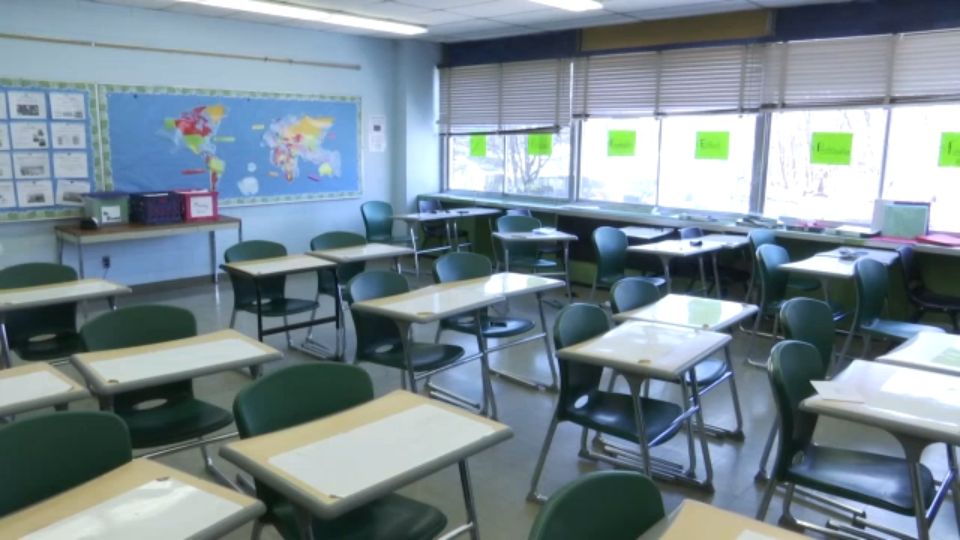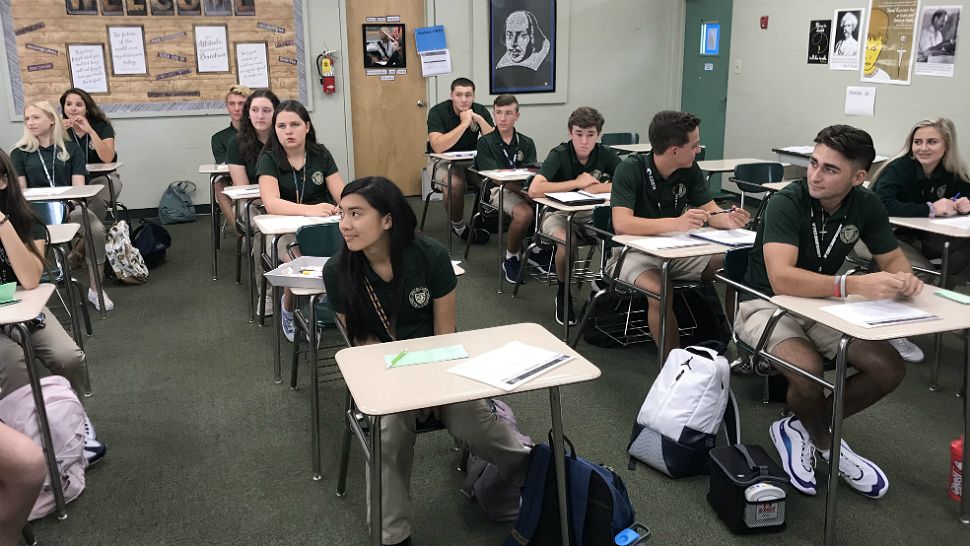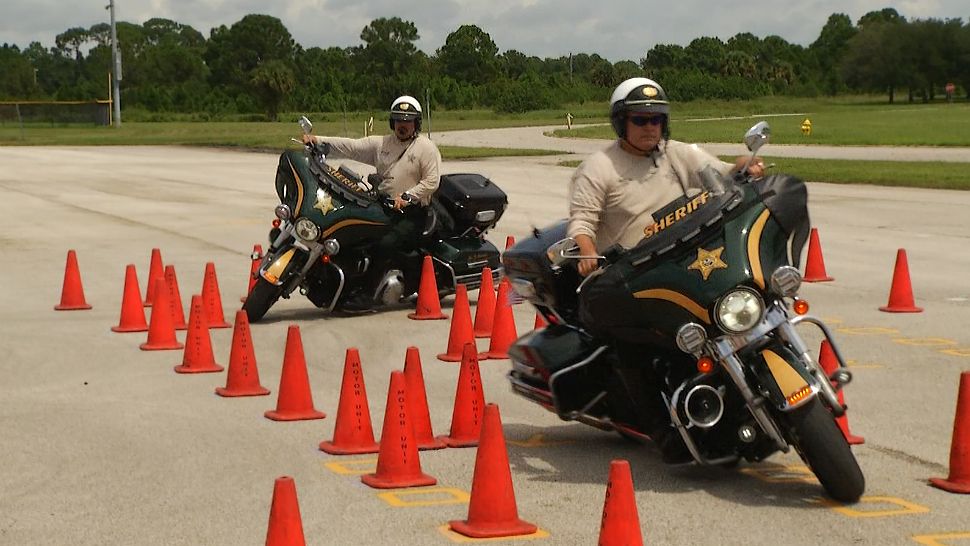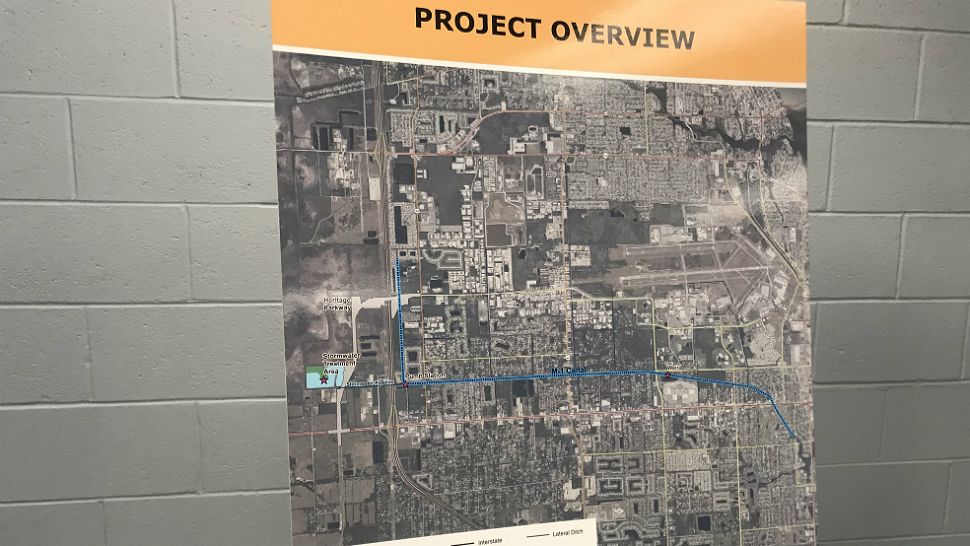MELBOURNE, Fla. — City Councilman Paul Alfrey says South Florida is sending sewage sludge, called biosolids, to Central Florida, and that's causing issues here.
- Residents have until Thursday to voice biosolids concerns
- Toxic algae has been detected in Lake Washington
- RELATED:
A few weeks ago, toxic algae was detected in Lake Washington, which comprises two-thirds of Melbourne's drinking water.
Could biosolids runoff be the cause?
"You can't tell me that dumping most biosolids in Central Florida is not having an impact on our water," Alfrey said.
The Department of Environmental Protection has asked residents to voice their concerns about biosolids. The written public comment window closes Thursday.
According to the DEP, about 350,000 tons of biosolids are produced each year, and it has to go somewhere.
There are about 130 permitted land application sites in Florida, according to the DEP's map.
Alfrey thinks that enough is enough and is hoping community members and leaders send in their comments to the DEP.
"You cannot expect to dump all the biosolids on a field, and with the rain we are getting everyday now, not to have some kind of runoff. People should comment and let the DEP know that we care that we are going to make change," he added.
As director of the Marine Resources Council, Dr. Leesa Souto says biosolids are ending up in the water due to runoff. Studies show that water quality is diminishing because of nutrients that feed the toxic algae.
"Lake Washington is part of that system, so it's very possible that the nutrients, like blue-green algae, that are impacting the area of the St. Johns River are also impacting Lake Washington. Also, biosolids in watershed have increased," Souto said.
Two uses for biosolids are for land application and as fertilizer, where it ends up in farms, ranches, and private property.
Souto said the solution is simple: instead of putting it back on land, turn it into something that won't end up in the water, like energy.
"Some wastewater treatment plants are using biosolids for energy," Souto said.
Alfrey said the City of Melbourne is taking small steps of their own. At Tuesday's city council meeting, upgrades to the infrastructure for the biosolids process were approved for two reclamation facilities: the DB Lee and Grant Street Water Reclamation Facilities.
Some of those improvements include:
- Installing a new centrifuge dewatering system
- Installing a new dewatered biosolids conveyor system
- Converting existing sludge holding tanks to aerobic digestion stabilization systems at Grant Street
- Installing new aerobic digestion tanks/stabilization systems at DB Lee
- Installing a new digester transfer pump station
The DEP is collecting public comments here.









